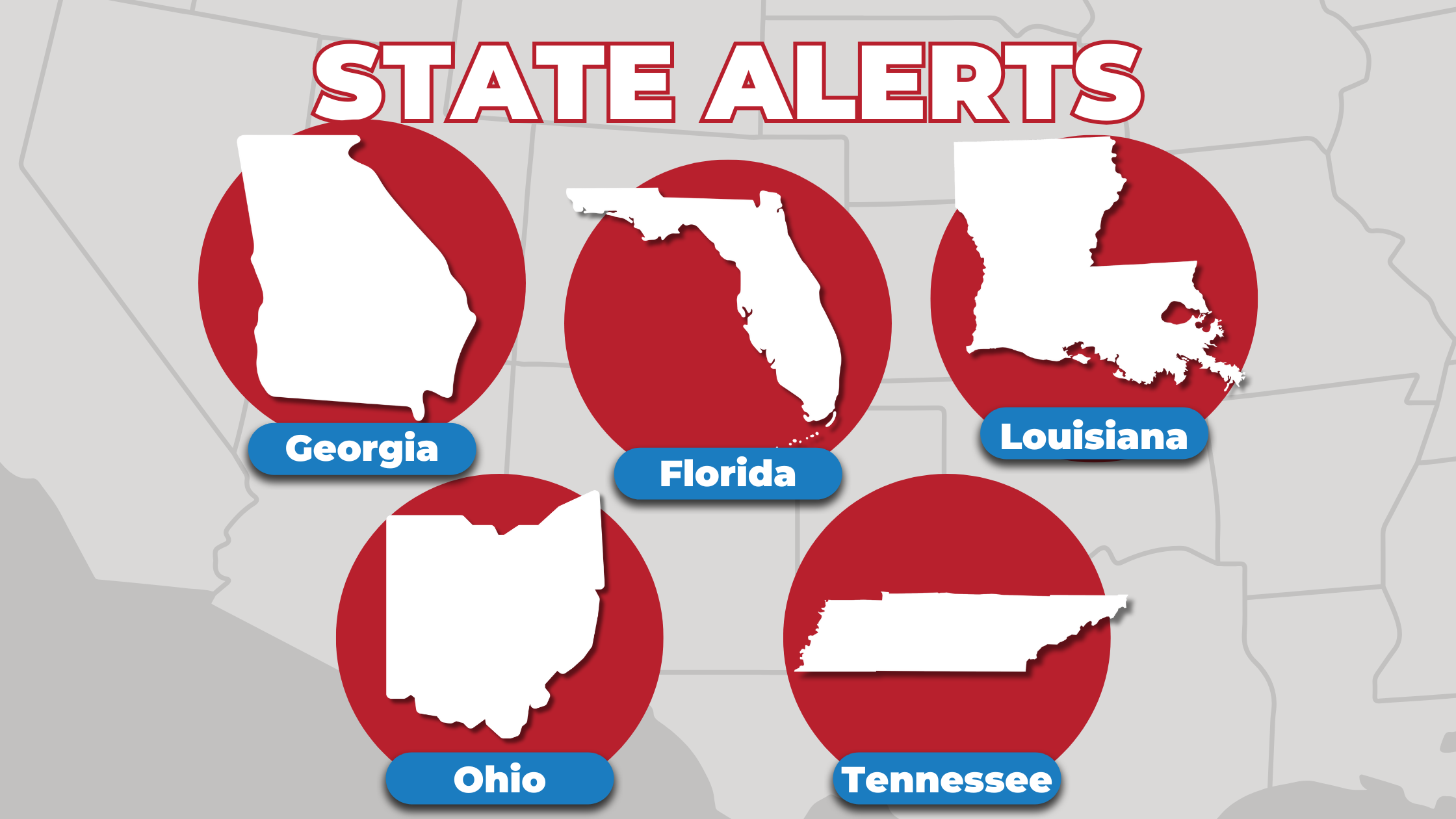
Hemp Laws Unveiled What It Means for Georgia, Ohio, and More
The landscape of hemp regulation in the United States is undergoing significant shifts, impacting stakeholders across various states. In Georgia, Ohio, Florida, Louisiana, and Tennessee, recent regulatory changes are shaping the future of hemp products. For industry stakeholders, legal professionals, and consumers, understanding these changes is crucial. This blog post will provide an in-depth look at the recent amendments, the implications for the industry, and what lies ahead.
Georgia's Regulatory Changes
In Georgia, the Department of Agriculture has proposed new rules that have stirred both concern and optimism among hemp industry stakeholders. Initially, the proposed changes included THC limits for consumable hemp products that conflicted with a newly enacted law. Stakeholders, including the Roundtable, responded with written comments to express their concerns and recommend revisions.
Following a series of consultations, the Department published amendments to the proposed rules. One of the most welcomed changes was the increase in THC caps on beverages to 10 mg per serving and allowing gummies to have up to 30 servings of 10 mg each. However, many technical comments were not addressed, leading to further commentary submissions. This ongoing dialogue demonstrates the critical role of stakeholder engagement in shaping regulations that reflect industry needs.
The changes in Georgia highlight the state's proactive approach in balancing consumer safety with industry growth. By participating in public comment periods, stakeholders are helping to create a framework that supports both innovation and compliance.
Ohio's Legislative Push
Ohio's hemp industry faced uncertainty last year when Senate Bill (HB 86) introduced language that would set extremely low THC limits for hemp products. This move was met with widespread opposition from the hemp community. Thanks to a strong coalition of support, the House rejected the Senate's proposal, preventing the low THC limits from becoming law.
Despite this victory for the hemp industry, recent developments suggest that the Ohio Senate may push for a ban on hemp products capable of impairing consumers. In response, the hemp community is advocating for a regulatory framework that includes robust enforcement, licensing for manufacturers and sellers, independent testing, and age restrictions. This framework could serve as an alternative to a complete ban, ensuring consumer safety while supporting the industry's growth.
Ohio's experience underscores the power of collective action in influencing legislation. By staying informed and actively participating in the legislative process, stakeholders can help shape policies that support a thriving hemp industry.
Florida's Proposed Rules
Florida's Department of Agriculture and Consumer Services recently proposed rules for hemp and hemp extract products. These rules aim to ensure that ingestible and inhalable products are not attractive to children. However, certain aspects of the proposed regulations could lead to confusion and increased compliance costs for producers.
In response to these proposals, stakeholders have submitted several recommendations to the Department. Among the suggestions are adding exceptions for color additives in beverages and gummies and removing ambiguous marketing restrictions. These changes aim to strike a balance between protecting consumers and minimizing regulatory burdens on the industry.
Florida's situation highlights the complexities of crafting regulations that are both effective and practical. By engaging with regulatory bodies, stakeholders can contribute to the development of rules that protect consumers without stifling industry innovation.
Louisiana's Legal Challenge
In Louisiana, a group of plaintiffs has filed a lawsuit challenging the state's new hemp law, which took effect in June. The law redefines "hemp" using a total THC standard, which the plaintiffs argue conflicts with the 2018 Farm Bill and violates constitutional rights.
This legal challenge underscores the tension between state and federal regulations, as well as the importance of clear and consistent definitions in the hemp industry. The outcome of this lawsuit could have far-reaching implications for how hemp is regulated across the country.
Louisiana's experience serves as a reminder of the complexities involved in navigating the legal landscape of hemp. Stakeholders must remain vigilant and proactive in defending their interests and ensuring that regulations align with federal standards.
Tennessee's Testing Standards
Tennessee's Department of Agriculture recently proposed permanent rules that set a "total THC" testing standard. This move is seen by many as a potential ban against THC-A, a non-psychoactive compound found in hemp. The proposed rules follow an emergency rulemaking process earlier this year, which is currently being challenged in court.
These developments highlight the challenges of regulating cannabinoids within the rapidly evolving hemp industry. For stakeholders in Tennessee, staying informed about regulatory changes and participating in public comment periods is crucial to ensuring that policies reflect industry realities.
Tennessee's situation emphasizes the need for a balanced approach to regulation that considers both consumer safety and industry viability. By engaging with regulatory bodies, stakeholders can help shape policies that support a sustainable and competitive hemp industry.
The Importance of Balanced Regulations
Across these states, the ongoing regulatory changes underscore the importance of a balanced framework that protects consumers, supports industry growth, and contributes to economic development. Striking this balance requires collaboration between regulators, industry stakeholders, and consumers.
By participating in public comment periods, stakeholders can influence the development of regulations that are fair, practical, and effective. This engagement is essential to ensuring that the hemp industry's potential is fully realized while safeguarding public health and safety.
The Role of Stakeholder Engagement
The recent regulatory developments in Georgia, Ohio, Florida, Louisiana, and Tennessee highlight the critical role of stakeholder engagement in shaping the future of the hemp industry. By staying informed and actively participating in the regulatory process, stakeholders can help create policies that support innovation and growth.
The importance of public comment periods cannot be overstated. These opportunities allow stakeholders to voice their concerns, share their expertise, and contribute to the development of regulations that reflect industry needs and consumer interests.
Looking Ahead
As the hemp industry continues to evolve, staying informed about regulatory changes and engaging with policymakers will be crucial for stakeholders across the country. By working together, industry leaders can help shape a future that supports both innovation and compliance.
The recent developments in Georgia, Ohio, Florida, Louisiana, and Tennessee offer valuable lessons for stakeholders across the United States. By learning from these experiences and actively participating in the regulatory process, the hemp industry can continue to thrive and expand.
Conclusion
The recent regulatory changes in Georgia, Ohio, Florida, Louisiana, and Tennessee offer both challenges and opportunities for the hemp industry. By staying informed and engaged, stakeholders can help shape a future that supports innovation, compliance, and growth.
With a balanced regulatory framework, the hemp industry can continue to thrive and contribute to economic development in these states and beyond. By working together, stakeholders can ensure that the potential of hemp is fully realized while safeguarding public health and safety.
For those interested in staying informed about hemp regulations and industry developments, continued engagement with regulatory bodies and participation in public comment periods is essential. Together, we can shape a future that supports both innovation and compliance in the hemp industry.



